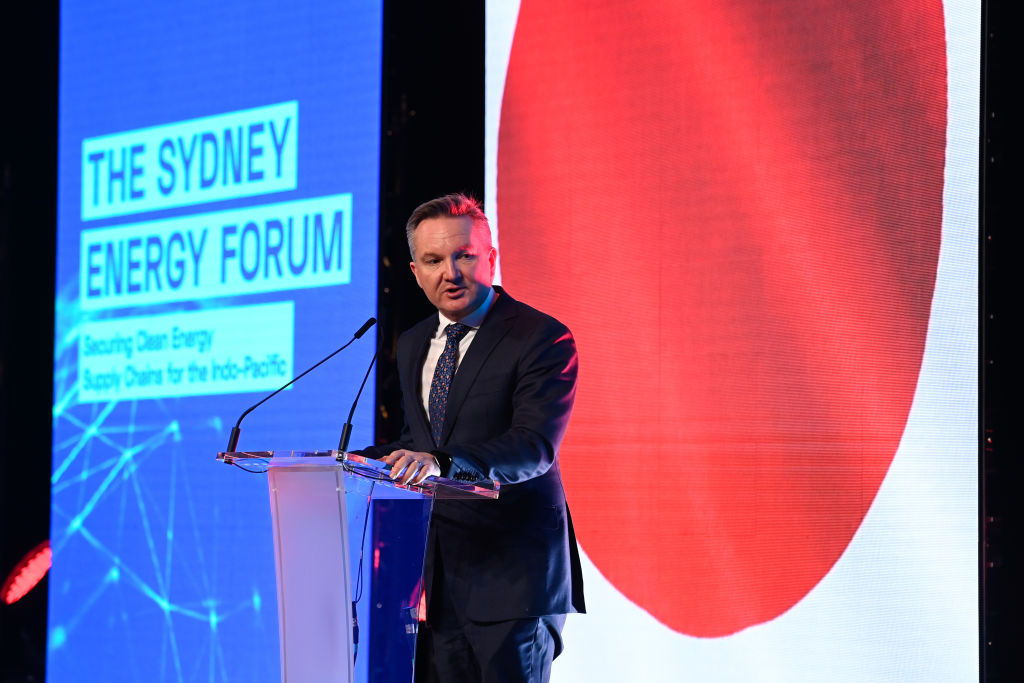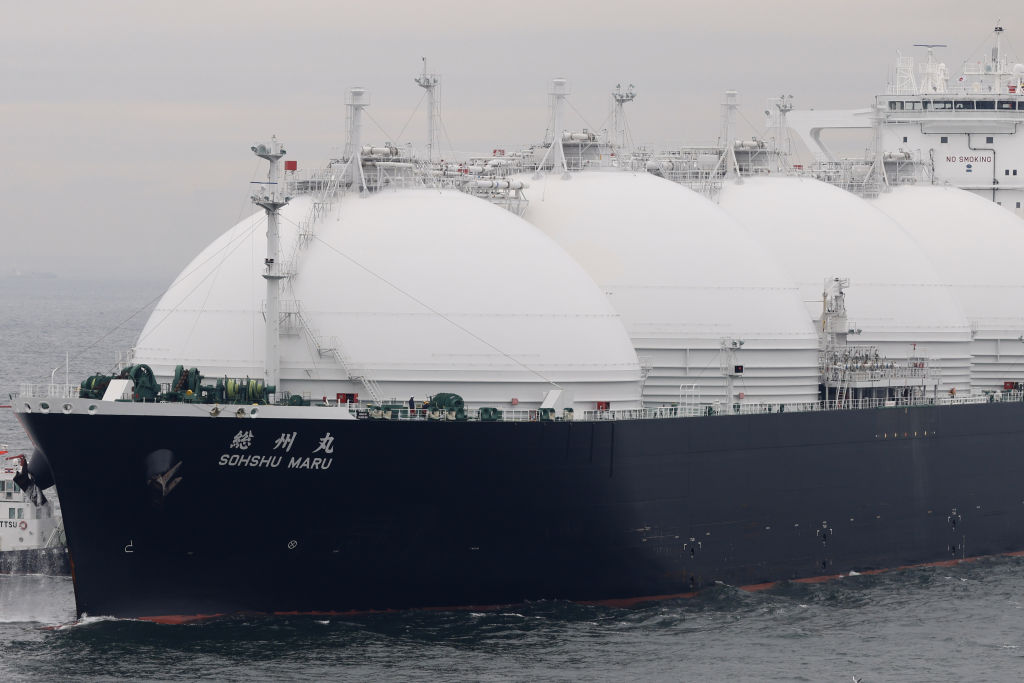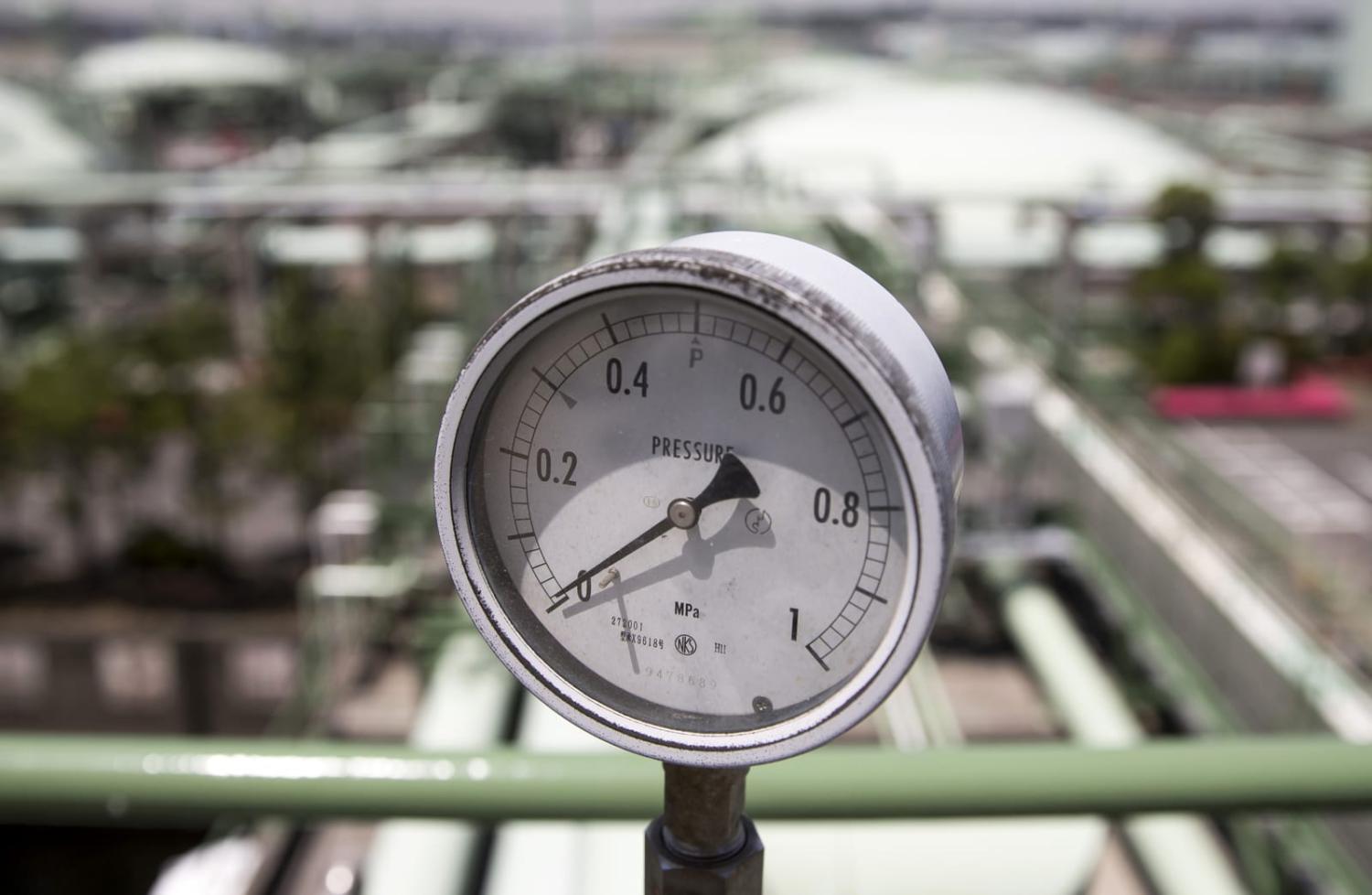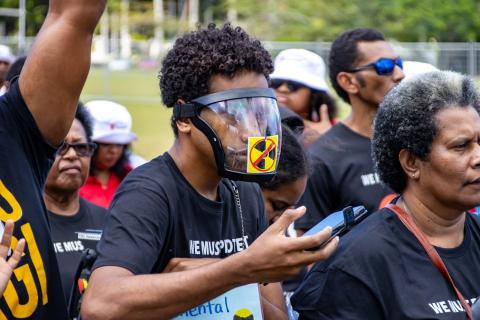New emissions
When Japan’s ambassador Shingo Yamagami left Australia earlier than scheduled in April, the Albanese government probably hoped it would get a break from his unusually blunt comments about energy policy.
But the past month has shown that even in a new era where national security ties have trumped old financial globalisation links, basic economic security still runs deep in international relations.
The Albanese government is now facing even greater doubts about whether it can deliver on its various 2030 and 2035 commitments for carbon emission reductions than when Yamagami started criticising the relevant policy measures such as gas reservation a year ago. The pressure on the government to meet targets was underlined this week with Energy and Climate Change Minister Chris Bowen moving beyond the upstream carbon emitters such as fossil fuel sourced electricity generators to the more consumer end of the emissions challenge in cars and buildings.
But Japan has only stepped up its criticism of the policy measures to achieve those commitments from net zero emission rules for new gas fields to gas reservation to protect domestic Australian industry from rising energy costs.
And now the commentary is coming from a much more authoritative full court press than a mere refreshingly frank-speaking ambassador. Economy Minister Yasutoshi Nishimura told a Tokyo media conference on 16 June that the “Australian government’s Safeguard Mechanism reforms would have [an] extremely significant impact on our country’s LNG business in Australia.”
Nishimura revealed he had asked Bowen for a more flexible approach for Japanese interests investing in Australian gas development and that Prime Minister Fumio Kishida had already taken the issued up with his counterpart Anthony Albanese. And Nishimura made it clear this was something Japan expected to be solved at the top level rather than by officials, saying:
To come up with measures to protect Japan's investors as well as to ensure stable LNG supply, we intend to come up with reciprocal and satisfactory solutions by continuously holding talks with our Australian counterparts.

Allies and partners
Since then, there has been a stream of comments from experts conveniently elucidating the Japanese government position to the likely discomfort of their Australian government colleagues who increasing characterise Japan as their closest de facto ally in Asia.
For example, The Wall Street Journal quoted METI director-general of natural resources and fuel Yuki Sadamitsu saying: “If this issue cannot be resolved, this might undermine long-trusted relations.”
Institute of Energy Economics chief executive Tatsuya Terazawa told a media event Australia was no longer a reliable candidate to make up any shortfall in gas supply from Russia after “changing the rules of the game after the game has started”.
And Japan Organisation for Metals and Energy Security chief economist Takayuki Nogami told S&P Global Commodity Insights: “The Australian government's sudden change in its policy affecting existing [LNG] projects to be applied retroactively will not only increase its country risk but also undermine its credibility for stability in its policy.”
This was presumably not what Albanese meant after a meeting with Kishida last October, when he said: “The level of interaction which we have reflects very much the special strategic partnership that Australia and Japan have. We two countries really matter to each other now more than ever.” Foreign Minister Penny Wong was also forced to acknowledge the true state of affairs ahead of a meeting with her Japanese counterpart Yoshimasa Hayashi in Jakarta last week when she conceded: “We understand that for Japan energy security is national security, and I will make that point again to him very clearly.”
Japan and Australia have built a remarkably complementary relationship since the Pacific War with a mostly virtuous cycle of economic and security considerations reinforcing each other. But Japan, certainly the larger economic force in this partnership, has not been averse to pressing its advantage at times most bluntly in relation to the need for more government assistance to maintain the once substantially Japanese car manufacturing industry in Australia.
After taking the failure to win the contract to supply Australia’s original planned diesel submarines with at least public equanimity, it seems that Japan Inc is intent on playing a much tougher diplomatic game over the impact of the Australian government’s climate change policies.

Indeed, the blunt public comments are a noticeable contrast with Singapore’s reportedly more sotte voce approach to concerns about the security of Australian gas supplies by raising the issue quietly with Australian ministers. That scored Singapore a reassurance from Albanese during his visit in May which acting Prime Minister Lawrence Wong publicly welcomed. Chinese and Korean representatives have also made lower key critical comments.
Japan’s concern about gas supply security reflects how it faces even bigger challenges than Australia meeting carbon emission reductions without a major return to nuclear sourced electricity energy despite the spectre of the 2011 Fukushima disaster. The criticism from Japanese investors, such as Inpex, is quite understandable given the money they have at stake in Australian projects and they role they played in developing the gas export industry.
But, as noted here when Yamagami was still in Australia, Japan’s public diplomatic criticism sits uneasily with the stated close security relationship when Australia faces such a difficult time persuading its Pacific neighbours that it is finally taking serious action on climate change. They are the same Pacific countries where Japan and Australia are cooperating on development aid projects such as the Blue Dot Network aimed at fending off Chinese infrastructure intrusions. And Australia’s gas reservation policies are about maintaining a manufacturing capacity consistent with the supply chain cooperation the two countries regularly profess.
Eternal interests
East Asia accounted for virtually all of Australia’s $91 billion of gas exports last year with Japan taking a third of that. Australia is not only the world’s biggest exporter with 21 per cent of the global market last year, but the biggest supplier to Japan, China, South Korea, and Taiwan along with providing more than 50 per cent of imports in Southeast Asia, which has its own gas reserves.
This underlines the difficult diplomatic path the Albanese government has to tread with an emerging commitment to degasification at home amid regional neighbours and allies which are much less advanced down the energy transition path.
So at least we can thank Yamagami for making it clear that, to paraphrase Palmerston’s much quoted dictum, Japan’s economic security interests are “eternal and perpetual” even if the two countries share Albanese’s “special strategic partnership”.
But amid this diplomatic manoeuvring over the past month, it was fascinating to see Inpex, the biggest single gas investor in Australia and harshest critic of the Albanese government policies, embark on some judicious risk management. It spent more than $300 million buying a 50 per cent stake in Enel Green Power Australia, a developer of wind and solar electricity.

